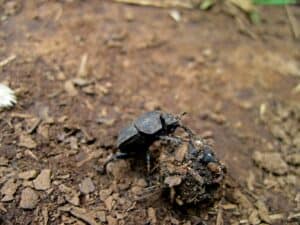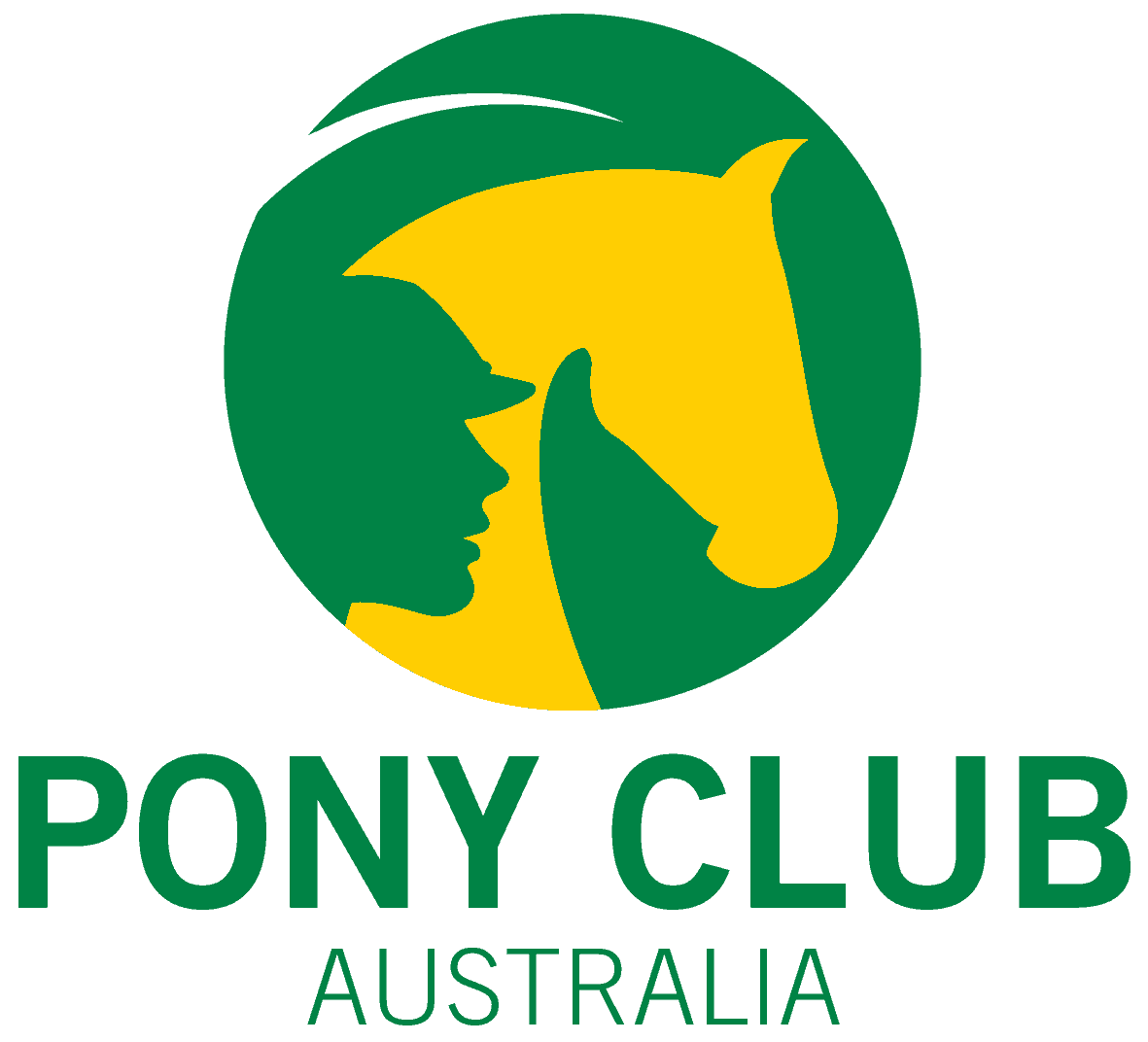What is the best strategy for de-worming in summer? In Australia, it depends if you live ‘up north’ or ‘down south’. Read more to find out what you need to know about summer de-worming depending on where you live.
Methods for parasite management are quite often dependent on the climate/weather conditions. Therefore, throughout summer, Australia can be split into two regions when managing parasites in horses:
- Southern and Interior Australia with dry heat and low rainfall, and
- Northern Australia with subtropical or tropical wet summers.
For both regions, remember to remove bot-fly eggs from your horses. Go here to learn more about Bot Flies.
Southern Australia
Summer is the easiest time for parasite management in southern Australia. The take home message is not to de-worm your horses at all, unless they show clinical symptoms (i.e. are sick). There are a few reasons why to not de-worm over summer.
- The dry weather limits worm egg hatching/larval survival
Throughout the wetter months, the modern method of de-worming focusses on decreasing the spread of worms, rather than removing worms from the horse. Basically, modern de-worming is identifying and treating the ‘super-spreaders’ – limiting how much they spread worms to other horses. De-worming horses with high egg counts will limit the number of infective larvae on the pasture. In summer, hot dry weather will desiccate the eggs and larvae therefore aiding in the control of free-living worm larvae without the need for chemical interference. This also means that paddocks can be harrowed, rather than having to collect manure from the pasture.
- Be kind to your dung beetles!
De-wormers, especially the macrocyclic lactones (ivermectin, abamectin, moxidectin), have detrimental effects on the insect life that break down manure, such as dung beetles. De-worming drugs will pass out in the horses’ manure, and the residue can have a harmful impact on dung beetles and other soil insects and worms. Learn more about why we love dung beetles here.

Dung beetle. Image from: https://free-images.com/display/dung_beetle_dung_dung.html
- Encysted strongyles
Throughout spring, any excess worm larvae that are ingested by your horses may become encysted rather than mature into egg laying adults. These larvae live in pimple-like cysts on the lining on the horses’ intestines. While encysted, these larvae cause little to no disease to the horse. By de-worming a horse in summer, the stable population of adult worms is removed, and the encysted larvae may leave hibernation suddenly, causing a colic like disease called larval cyathostominosis.
- Every horse should be given a yearly treatment in Autumn
Each horse should receive an annual treatment as a ‘clean-out’ and also to remove bot-fly larvae. The best time for this is in mid-autumn, after the bot flies have gone so that you can remove all bot larvae and target any strongyle larvae that have by then left their cysts. De-worming in summer can be considered a wasted treatment if the horse requires another treatment a month or so later.
Northern Australia
Unlike southern Australia, up north in Summer there is usually abundant water and damp paddocks and a warm climate – perfect conditions for worm larvae in their free-living stages. Therefore, horse owners should be mindful of reducing larval load on pasture. To reduce larval pasture contamination, check which horses are high egg shedders via a faecal egg count (FEC), and worm appropriately. Manure should also be collected rather than harrowed.
Summer is peak time for insect-transmitted parasites, such as Habronema spp. and Draschia spp. The larval stages of these parasites are transmitted by biting flies where the worm larva infect the layer of skin causing summer sores. These can be controlled through prevention of flies (fly repellents/fly rugs). If summer sores do occur, horses can be treated with macrocyclic lactones (ivermectin, abamectin, moxidectin).
Meet our Pony Club Australia Parasitologist

Dr Jacqui Panozzo is a past Pony Club member, being a member of Drouin Pony Club (VIC) for over 10 years. She completed her PhD in parasite diagnostics in 2018 with a focus on strongyle nematodes of livestock. Jacqui is a graduate of the Sport Australia ‘Women Leaders in Sport’ program sponsored by Pony Club Australia. She runs her own company ‘WormCheck’ offering faecal egg counts to horse and other livestock owners, as well as teaching Biology and Animal Health at Federation University Australia.
For further information about horse and livestock parasites, follow WormCheck’s Facebook page.
